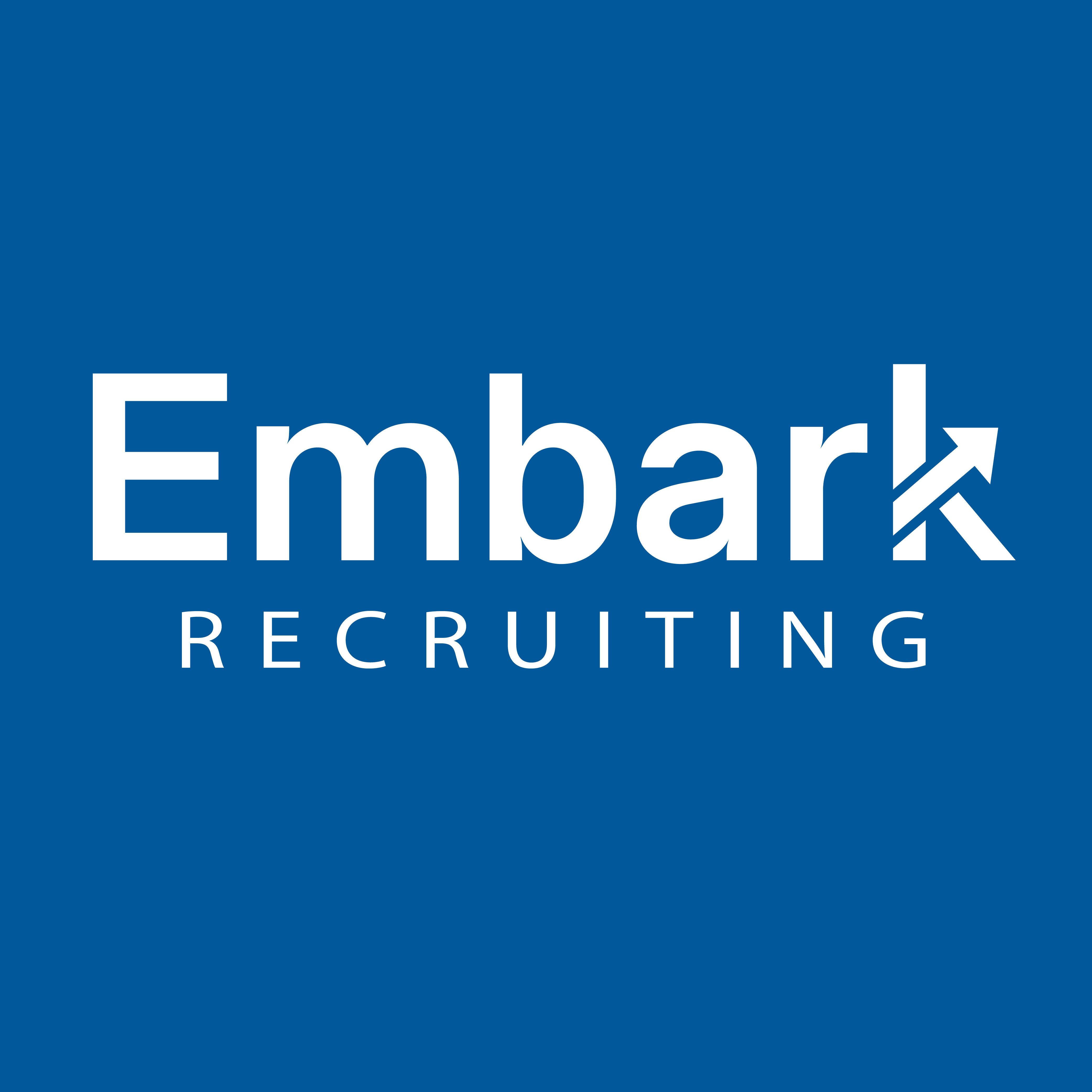Visa and Immigration Guide (1/15)
What is an E-2-1 Visa?
The E-2-1 visa, also called the general “Foreign Language Instructor” visa, is the most common visa for native English speakers teaching conversational English in Korea. This visa lets you work at private language academies, language research institutes, and other equivalent educational organizations.
While international schools may hire on E-2 visas, positions are limited to teaching English. If you plan to teach other subjects, you will need an F-series resident visa.
E-2-1 (Foreign Language Instructor)
|
|
Note: Other E-2 visa types, such as E-2-2 (public school teaching assistants through EPIK) and E-2-91 (instructors hired under the FTA), are not covered here. |
E-2-1 Eligibility Requirements:
- Be a citizen of a country where English is the primary language. (U.S.A., Canada, Australia, New Zealand, U.K. and Northern Ireland, Ireland, and South Africa)
- Hold at least a Bachelor’s degree from an accredited university in one of the 7 native English-speaking countries.
- Be a native speaker or have completed junior high school (7th grade) and lived for at least 10 years in a native English-speaking country
|
Special Exceptions:
|
See Our Full E-2-1 Visa Guide by Country
United States
United Kingdom and Northern Ireland
Canada
South Africa
Ireland
Australia
New Zealand
TAGS
Share

Embark Recruiting Blogs
Embark Recruiting
As former native English teachers in Korea, we know exactly what it’s like to navigate teaching abroad. That’s why we’re committed to increasing transparency in schools and improving Korea’s ESL teaching industry. At Embark Recruiting, we provide full support to help you succeed. Our blogs offer guidance, tips, and insider knowledge for teaching in Korea.